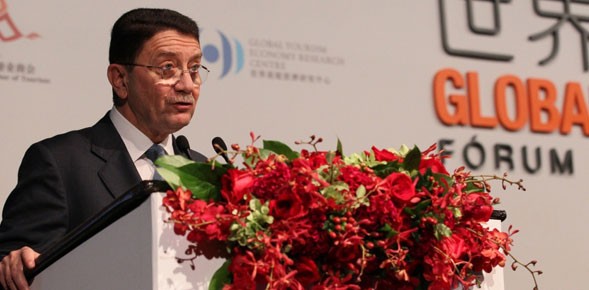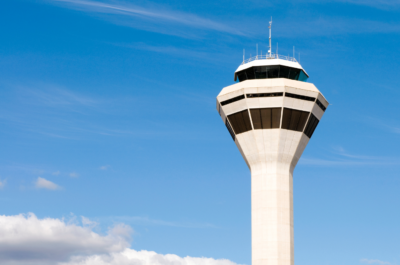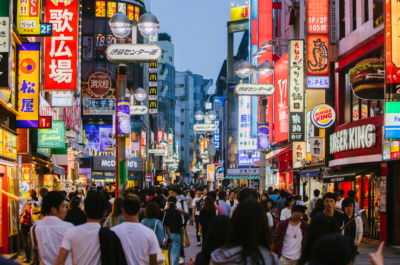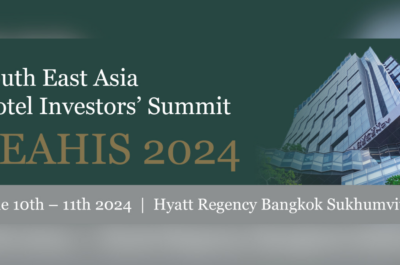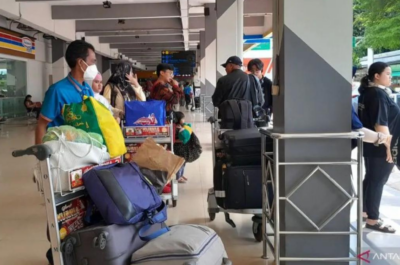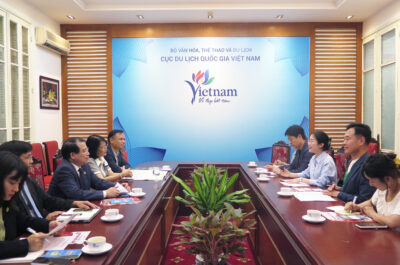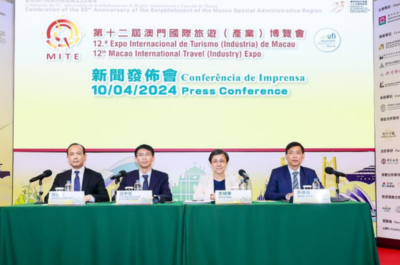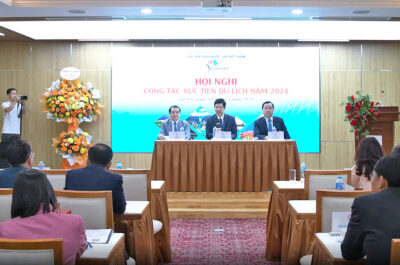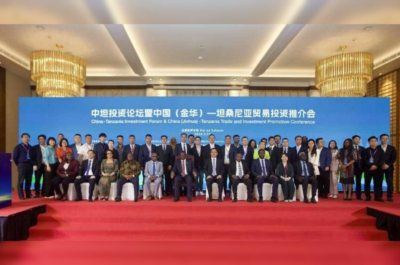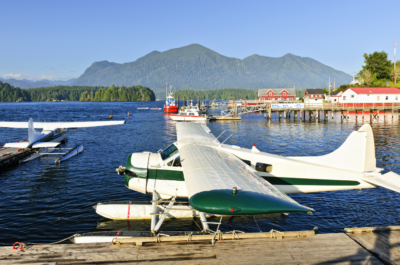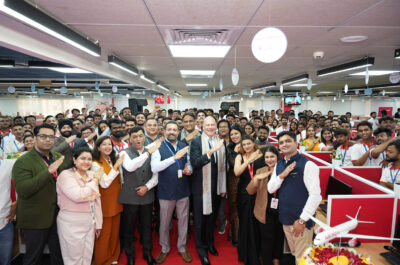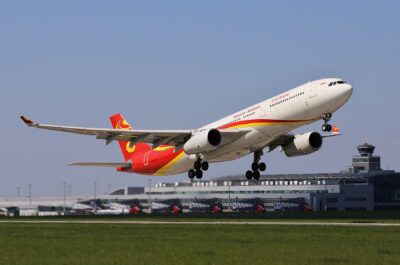During the opening ceremony of the Global Tourism Economy Forum Macau, Taleb Rifai, Secretary-General World Tourism Organization (UNWTO), made an impassionate presentation of the opportunities and challenges faced by the travel and tourism industry.
Distinguished delegates, dear friends,
There could be not better place to discuss the new paradigms of tourism growth than Macau. A destination blending tradition and modernity; heritage and innovation.
Praise the organization for this initiative which brings us different perspectives from different world regions on key issues affecting our sector today. From new markets to the impact of technology. Also like to commend this initiative for its firm purpose of enriching the works of the Forum with solid research activities that will surely contribute to a better understanding and positioning of tourism in the framework of economic growth and development.
Tourism is today a trillion-dollar sector, involving the movement of billions of people each year. By the end of 2012, UNWTO forecasts 1 billion international tourists to travel worldwide. Four times that number will have embarked on a trip within their own countries.
Given its size and reach, tourism is one of the world’s most promising drivers of economic growth, providing jobs and steady income to millions across developed and developing nations. Tourism represents 5% of direct global GDP, one in every 12 jobs worldwide and 30% of the world’s exports of services.
We cannot talk about economic growth and development today without talking about tourism. In fact, as traditional economic sectors, such as agriculture, manufacturing, or heavy industries, loose dynamism, it is clear that a new wave of service sectors and human activities are emerging.
Tourism, culture, sports and creative industries – have exhibited particularly strong growth over the past few years. And these will be some of the most dynamic and economically significant industries and development agents of this decade.
In 2011, a record 982 million international tourists travelled the world, generating over US$ 1 trillion in international tourism receipts. International tourism continues to grow. Between January and June 2012, international tourist arrivals worldwide grew over 5%, despite increasing uncertainties over the global economy. In Asia alone, international tourism increased by 8%.
For a world facing the challenges of a still fragile economy, the exponential and sustained growth of the tourism sector is welcome news. Because behind these numbers lies a roaring, and often underestimated, engine of economic growth, job creation and development. Yet to realize its full potential, a series of global challenges and barrier still stand in the way. Allow me to touch on three of these:
Travel Facilitation
Today, unnecessarily complicated, lengthy and overpriced travel and entry formalities still make it extremely difficult for many tourists – especially from some of the world’s fastest growing tourism source markets – to travel. Research by UNWTO and WTTC shows that improving visa processes and entry formalities could generate an extra US$ 206 billion in tourism receipts for G20 countries and create as many as 5.1 million additional jobs by 2015.
Travel facilitation can be a lever to stimulate one of the fastest growing economic sectors of our times: tourism. And there is significant room for improving visa procedures, namely considering the possibilities offered by technology.
In June, the G20 meeting in Los Cabos, Mexico, recognized for the first time, the role of tourism as “a vehicle for job creation, economic growth and development”. This acknowledgment came on the back of the increasing efforts by our sector to encourage world leaders to look to tourism as a source of significant economic opportunities and employment,
Furthermore, the G20 committed to “work towards developing travel facilitation initiatives in support of job creation, quality work, poverty reduction and global growth”, a major breakthrough in the UNWTO drive to promote travel facilitation. We have the technology available to advance travel facilitation; we star having the political will; it is time to put words into action.
Taxation
The recent trend of introducing unbalanced taxation on travel, particularly on long haul travel, continues to represent a serious setback to the sector. On one hand, national taxes raised in countries, such as the UK, on air travel which heavily penalize tourism development, both that of the departure country and of destinations; and on the other hand, taxation systems such as the European Trading Scheme create significant market distortions.
We are obviously in favour of any mitigation measures such as emissions trading that aim to reach aviation’s climate change targets; nonetheless as in the case of any fiscal or economic measures, they should not create market distortions. The EU, rightly so, is leading the climate change trading emissions agenda but considerations should be given to advance this in a multilateral manner in the framework of the International Civil Aviation (ICAO). Although, we are aware that this global solution may take time, it will not doubt be the better and more equitable result.
Support and the highest level and cross-government coordination
Without proper recognition and support at the highest level, tourism’s potential cannot be fully harnessed. In each country, we need to have the Head of State or Government realising the potential tourism has in bringing new jobs and investment; in improving the lives of their people. And we need them to act accordingly. We need them to show their leadership in bringing all areas of government together – transport, finance, employment, foreign affairs – to build a cross-cutting commitment to tourism development.
The message is simple: tourism is a sector that can deliver like few others on the goals of economic growth, job creation and fairer development. We just need to put the right policies in place. Many countries such as the USA, China or Spain, have understood that message and built recently national integrated plans for tourism development. I trust many more will follow.
As we speak of growth these are no doubt impressive numbers. But they also represent a challenge and a major responsibility. Tourism benefits many aspects of our lives – the economy, social progress, job creation and poverty alleviation. But it is becoming clearer and clearer that tourism’s expansion cannot continue indefinitely the way it has until now.
Without concerns for sustainability, tourism can develop in ways that have detrimental impacts – causing damage to the environment; depleting scarce natural resources; disrupting social structures and cultural values; and even precipitating the exploitation of human beings.
One billion international tourists is a big number, but it’s the impact they have on the ground that is far more important. With growth comes responsibility. The responsibility to ensure sustainable and shared benefits for everyone involved in the sector: for workers, for local communities and for natural, social and cultural environments.
As we position responsibility at the heart of the tourism development agenda, we need to understand that this is not only our responsibility; it is also in our interest. People and profit should go together, the same way profit and planet need to be two faces of the same coin.
Thank you.
Luc Citrinot a French national is a freelance journalist and consultant in tourism and air transport with over 20 years experience. Based in Paris and Bangkok, he works for various travel and air transport trade publications in Europe and Asia.












